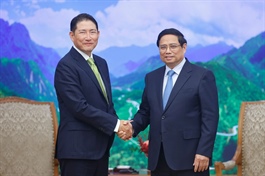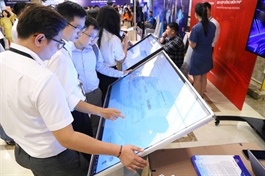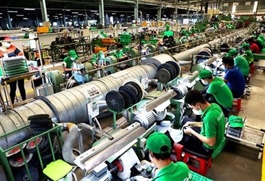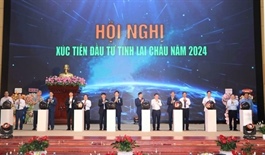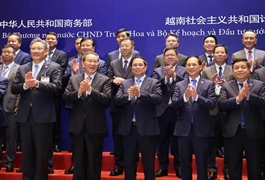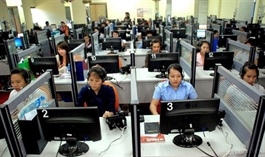North-South high-speed railway should employ public-private partnerships
North-South high-speed railway should employ public-private partnerships
The North-South high-speed railway project should emulate successful implementations of public-private partnerships, where the government takes the lead in building infrastructure while the private sector develops support facilities, according to railway experts and policymakers.
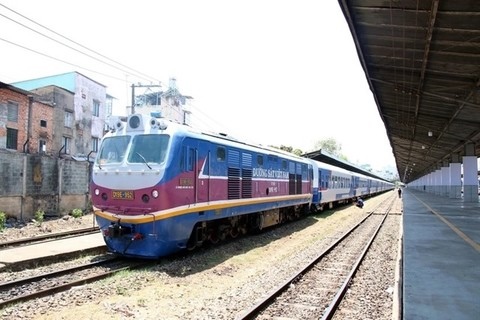
A locomotive in a station in Hà Nội. A North-South high-speed railway is expected to deliver a significant boost to Việt Nam's socio-economic development. — VNA/VNS Photo |
The central Government and the ministry have long identified the development of a high-speed North-South railway as a top priority, with key consideration given to two factors: funding and technology.
“The high-speed railway project will adopt a public investment model. Initially, the capital will come from the State budget, allocated through medium-term plans, along with contributions from localities," said Deputy Minister of Transport, Nguyễn Danh Huy.
"Businesses will be invited to invest in service and commercial stations, as well as additional transport vehicles if needed," he said.
The government should focus on building infrastructure, while the private sector equips it with supporting facilities, from which they can generate profits to recover their investments, said former Deputy Minister of Transport Nguyễn Ngọc Đông, a member of a steering committee studying the project.
Huy said there were domestic enterprises capable of building sophisticated and large infrastructures, citing the cable-stayed Mỹ Thuận 2 Bridge, which was designed and constructed by domestic construction companies with recognised names in the industry including Sơn Hải, Sông Đà 10 and Đèo Cả.
Railway factories such as the Dĩ An Locomotive and Gia Lâm Locomotive had been kept up to high standards, equipped with modern machinery.
"We must understand we are not starting from scratch, that we already have a capable and modern workforce in infrastructure construction," Huy said.
In a recent meeting between government agencies and industry representatives, a major domestic steel producer confirmed they had acquired the capacity to produce the steel needed for the project. Meanwhile, multiple large enterprises have expressed interest in contributing to the project.
For example, Đèo Cả Group, a major Vietnamese tunnel construction company, said that currently, a large part of its workforce was engaged in completing the North-South highway project. However, once it's finished in 2025, the company's resources could be wholly dedicated to the high-speed railway.
Industry experts have long called for the implementation of special mechanisms to speed up the railway's development and balance the interests of the state, the business community and society. In addition, careful planning and consideration are required for the investment, construction, operation and maintenance of the high-speed railway.
A representative from the Đèo Cả Group said mechanisms in areas such as capital, taxation and guarantees could help select strong private enterprises through a transparent and fair bidding process.
The group proposed the construction of bridges, roads and tunnels should be assigned to domestic companies, a model employed recently in the expressway project. Meanwhile, locomotives, carriages and signalling systems should be partnerships formed by domestic and foreign companies.
In a government meeting last month, Deputy Prime Minister Trần Hồng Hà stressed the importance of including local governments and the private sector in the project's development. He said the government would welcome and encourage capable domestic companies to participate in the project, saying they have excellent incentives to explore and invest in technology and human resources and to seek partnerships among foreign and domestic companies.
The North-South high-speed railway line will start from Ngọc Hồi Station in the capital Hà Nội, before passing through 20 provinces and cities to reach Thủ Thiêm Station in HCM City, the country's largest economic hub. The project, expected to be submitted to the National Assembly for approval in October, could see construction starting as early as the end of 2027, with a completion goal by 2035.



